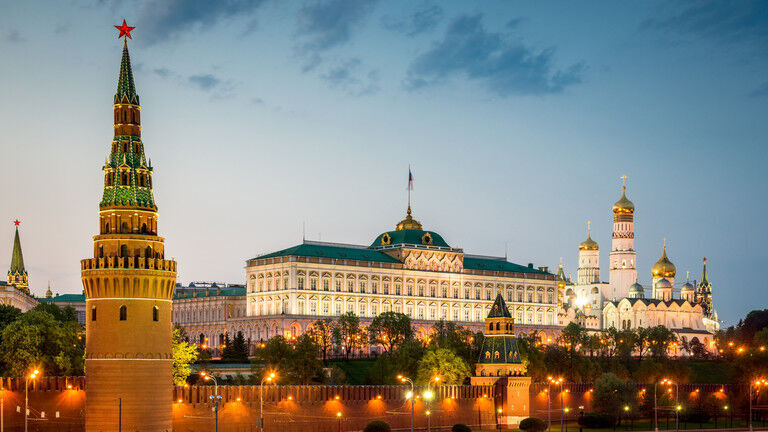OF THE
TIMES
Just look at us. Everything is backwards. Everything is upside-down. Doctors destroy health, lawyers destroy justice, universities destroy knowledge, governments destroy freedom, the major media destroy information, and religion destroys spirituality.
The WHO wants you in 15 minute cities eating bugs and owning nothing, going nowhere... It's been RAINING PLANES this month—another trend that we...
SOTT comment: "their psychological makeup is not only genocidal, but suicidal . They just don't know it yet." As I neared the conclusion of this...
Very few dead tree news organizations are left, and the ones that are still standing are doing so only because of "advertising" dollars....
They were always meant for 'sacrifice', same with our puppets in the West, only they've never considered their usefulness in the 'out with the...
So which is worse - being anti-genocide, or anti-woke?
To submit an article for publication, see our Submission Guidelines
Reader comments do not necessarily reflect the views of the volunteers, editors, and directors of SOTT.net or the Quantum Future Group.
Some icons on this site were created by: Afterglow, Aha-Soft, AntialiasFactory, artdesigner.lv, Artura, DailyOverview, Everaldo, GraphicsFuel, IconFactory, Iconka, IconShock, Icons-Land, i-love-icons, KDE-look.org, Klukeart, mugenb16, Map Icons Collection, PetshopBoxStudio, VisualPharm, wbeiruti, WebIconset
Powered by PikaJS 🐁 and In·Site
Original content © 2002-2024 by Sott.net/Signs of the Times. See: FAIR USE NOTICE

LOL!! In other words Janet Yellen, sit down and STFU.